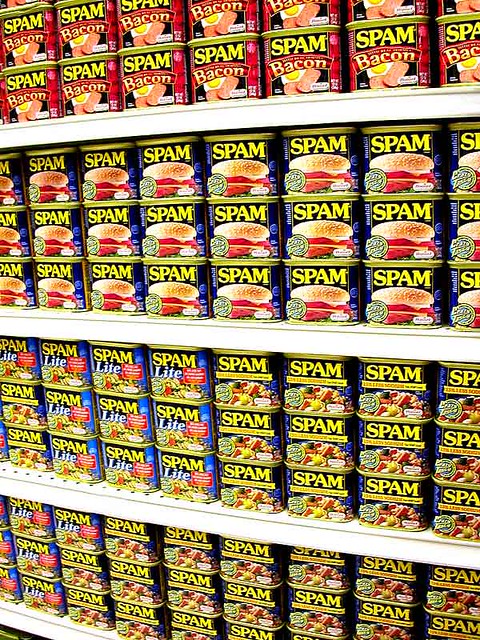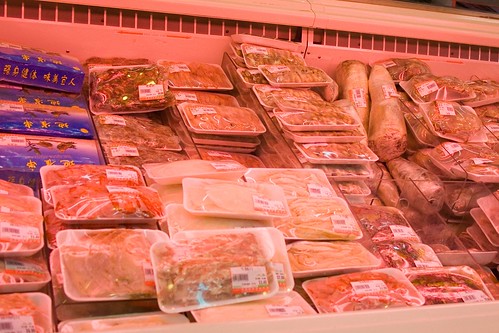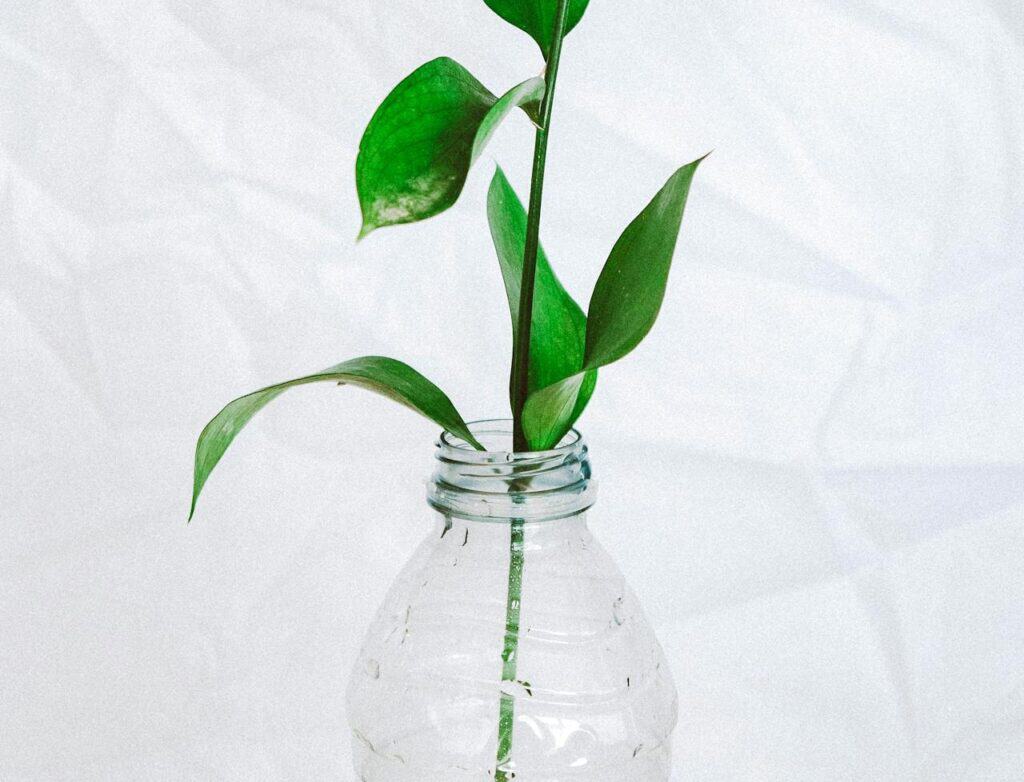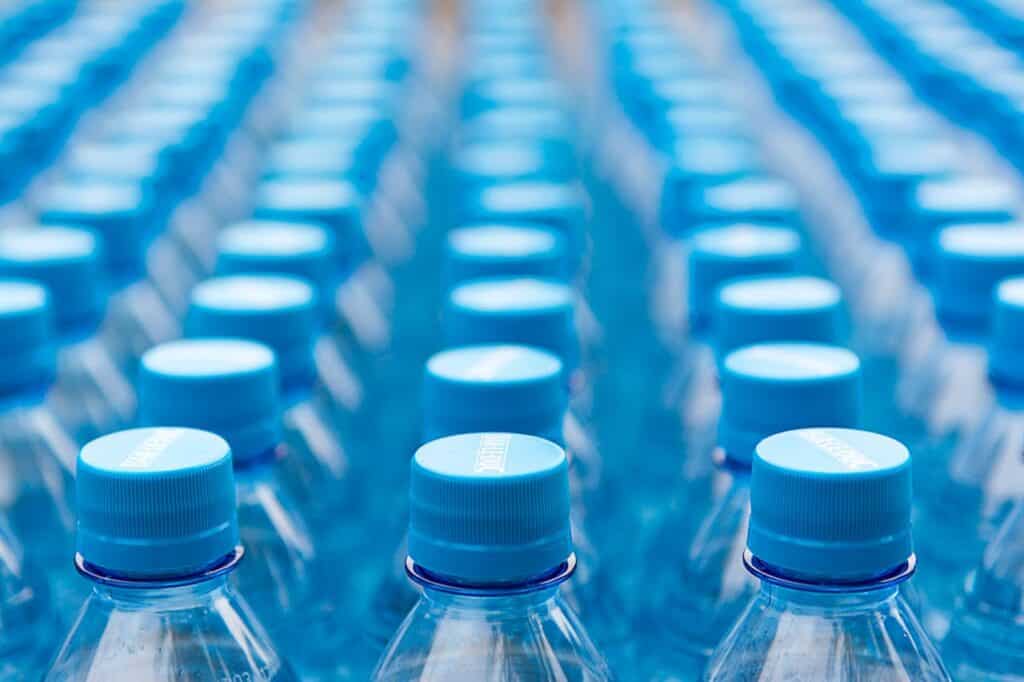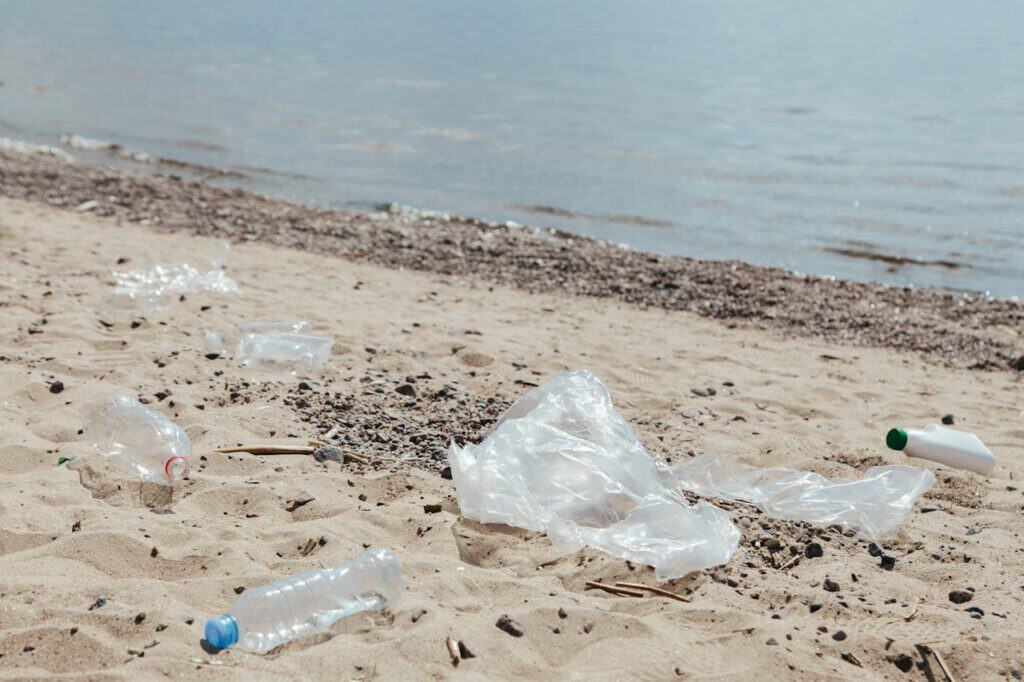What do Danepak, Spam and Stagg Chili have in common?
Well, all three are owned by same meat manufacturer, Tulip. Not only that, but they have pledged to make the ethical and sustainable transition from PVC packaging to PET Packaging. This is part of WRAP’s Courtald Commitment 3, and also means they aim to have made the switch by 2015.
What does it mean?
To the naked eye, that doesn’t mean very much, but in the world of recycling, it’s a bold move. PolyVinyl Chloride (PVC) plastic recycling is not very popular, it’s difficult to do and not very cost effective, often it just ends up in landfill. The alternative, Polyethylene Terephthalate (PET), is a far better idea, as PET plastic recycling can sometimes reprocess material up to 17 times. The PET material is more commonly available too, as it is often used for things like plastic bottles and food trays already. If you’re not familiar with PVC, it’s the same kind of plastic that drainpipes are made from.
Tulip’s corporate responsibility manager Andrew Wright said “As a business we want to be leading from the front in this increasingly important area by working in partnership to address waste at all points along the supply chain.”
Plastic recycling starting to trend?
This announcement comes just a short time after many UK retailers, such as Marks & Spencers and Sainsbury’s launched initiatives to change the plastic types of their packaging for recycling ease. Coca-Cola, Nestlé, Tesco and a host of other major producers are currently undergoing a study to see how best products can be redesigned for plastic recycling.
Andrew Wright also stated “Partnering with WRAP gives us a great opportunity to help play a role in setting the standards for the UK’s food manufacturing sector. I am delighted that as part of our commitment to Courtauld 3, we are announcing our intention to complete a move away from the use of PVC in all of our packaging by spring 2015 and replace its use with PET materials.
“There isn’t the infrastructure in the UK for the effective recycling of PVC materials so it just goes to landfill which is incredibly damaging to the environment, whereas PET recycling facilities are now well-established.”
We think this is a great move for Tulip and all the businesses that involves, to make sustainable business developments is something we encourage. Clearly they’ve also been biding their time until the infrastructure was in place to make a successful transition.


